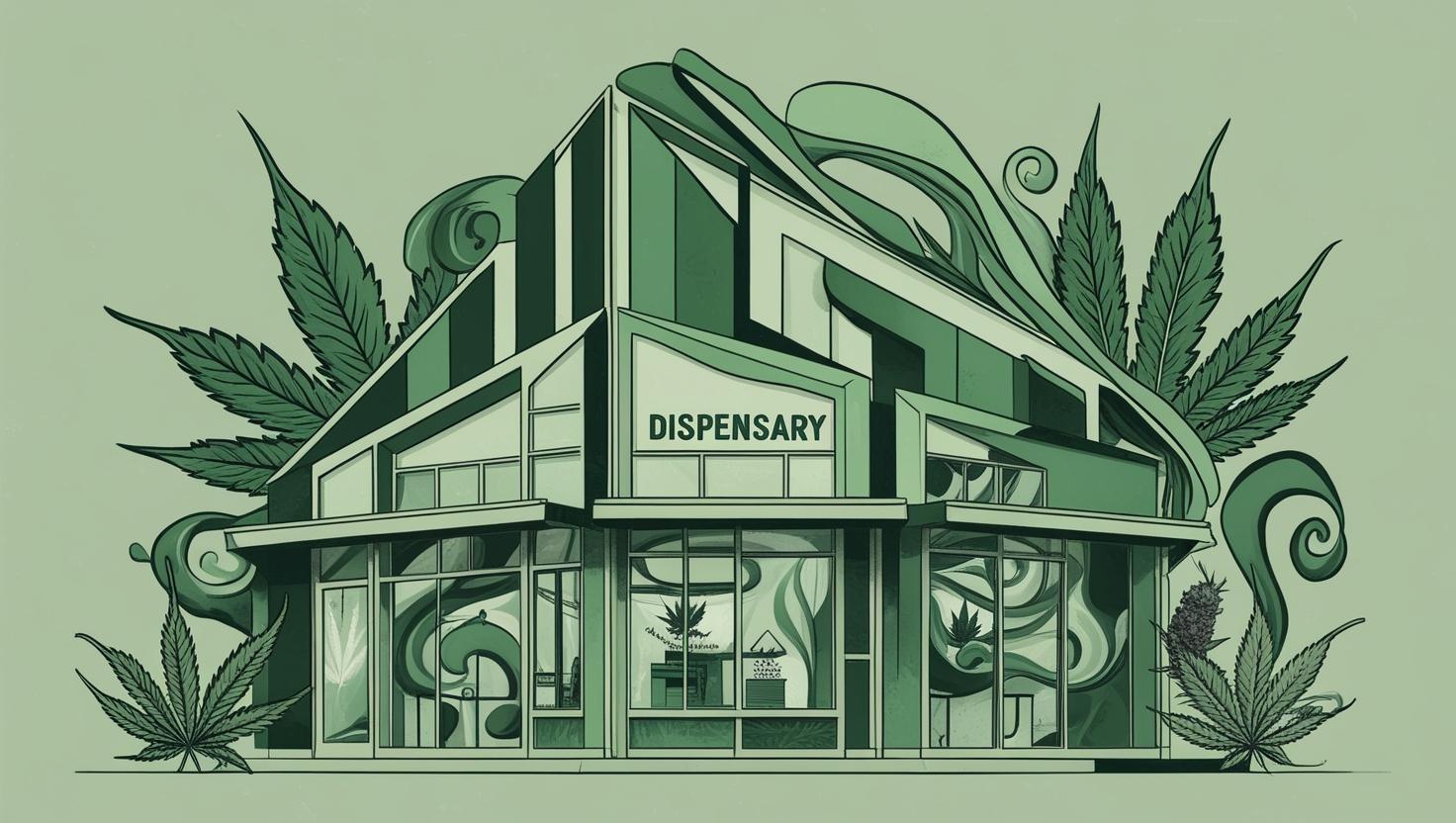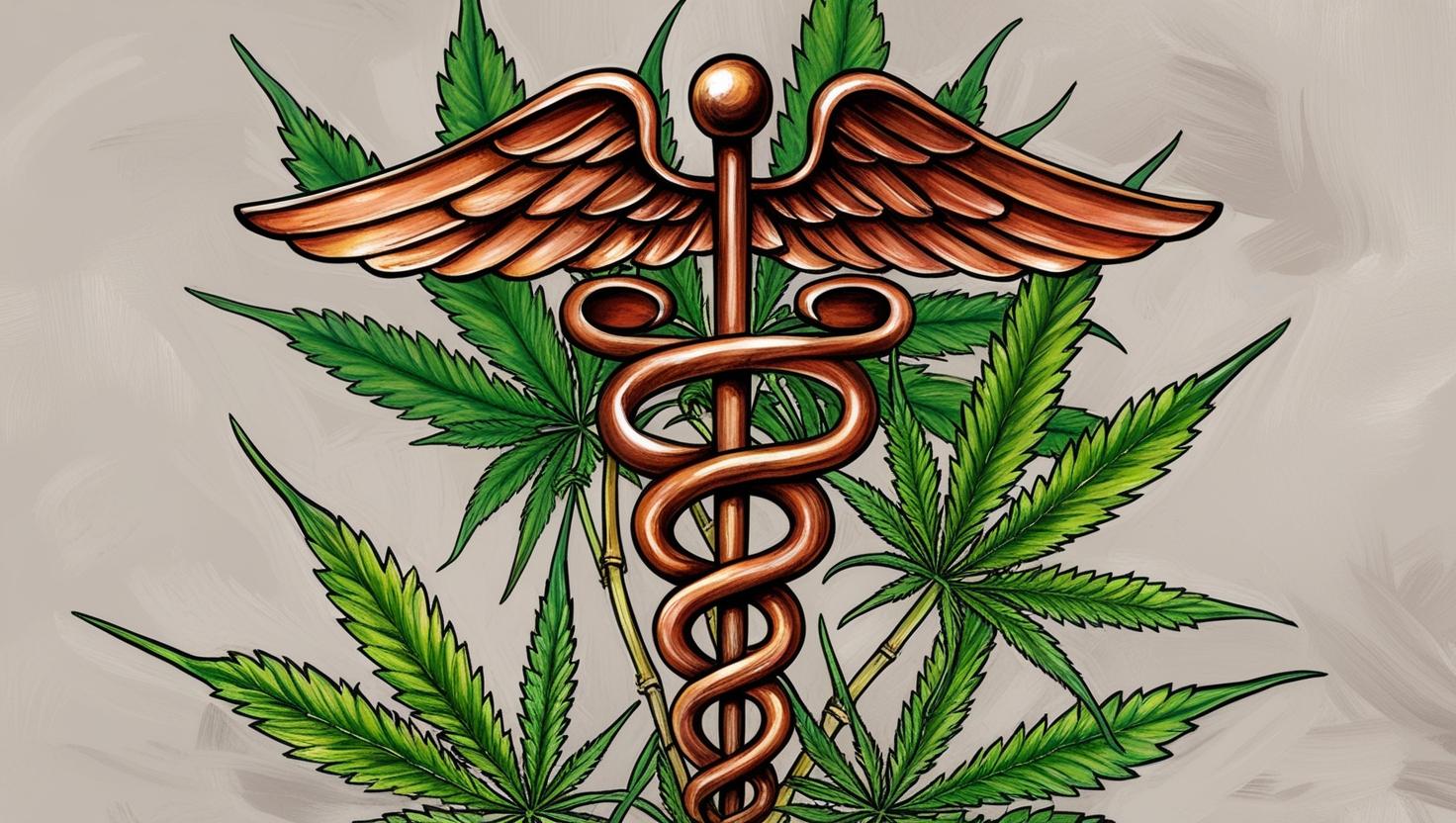A 2022 report by Volteface revealed a striking gap in medical cannabis practice in the UK: although approximately 40,000 clinicians are qualified to prescribe it, only around 100 do so regularly.
This disparity, seen globally, stems largely from a widespread lack of understanding among doctors about cannabis-based medicines. But according to molecular pharmacologist Dr. Stefan Broselid, founder of ECS Education, the issue runs much deeper—extending beyond cannabis itself to a critical but overlooked bodily system: the endocannabinoid system (ECS).
Speaking to Business of Cannabis, Dr. Broselid explained, “We need to present the endocannabinoid system in a holistic biological context. This isn’t just about medical cannabis—it’s about human physiology. Cannabis just happened to be the route through which the ECS was discovered, but the system is central to how our bodies function.”
A Knowledge Gap Decades in the Making
Over the past ten years, Dr. Broselid has reviewed thousands of scientific papers on the ECS. He says this has provided him with a rare and comprehensive perspective—one that most healthcare professionals lack, not by choice, but due to systemic omissions in medical training.
“The rollout of medical cannabis happened before doctors had any foundational education on the ECS,” he said. “That led to confusion, stigma, and missed opportunities in clinical care.”
A significant contributor to this neglect, according to Dr. Broselid, is the association between the ECS and cannabis. “Stigma has carried over from cannabis into perceptions of the ECS itself. The name alone—linking the system to one of the most controversial plants in history—may be part of the problem.”
This was highlighted in a 2024 study of 610 nurses and nursing students in Portugal. While the majority acknowledged the therapeutic benefits of medical cannabis, over 70% had never heard of the ECS.
Delayed Recognition in Education
One of Dr. Broselid’s most concerning observations is the ECS’s absence from core medical textbooks. For example, the widely used Guyton and Hall Textbook of Medical Physiology did not include the ECS even in its 2020 edition—more than 30 years after the system’s discovery.
“This delay in including ECS content reflects a broader trend,” he said. “Scientific understanding has far outpaced what’s being taught in medical schools.”
The ECS is involved in regulating mood, appetite, pain, immune responses, and more—essentially contributing to the stability of nearly every physiological system. Yet it remains excluded from formal medical training, creating a critical blind spot in healthcare.
The Evidence Is There—So Why Isn’t It Taught?
Critics of integrating medical cannabis into public health systems like the NHS often cite a lack of robust research. However, Dr. Broselid argues that this reasoning doesn’t hold when considering the ECS more broadly.
A review by ECS.education of 1,000 academic papers from 2002 to 2022 found that the ECS was mentioned in over 1,200 PubMed titles and cited more than 76,000 times in Google Scholar. The system’s academic h-index—a measure of research impact—was 138, surpassing many well-established physiological systems.
“Despite this growing body of knowledge, it’s still not being incorporated into how we train healthcare providers,” Dr. Broselid said. “That’s the real issue. We have a mountain of evidence, yet it remains disconnected from clinical education.”
Beyond Cannabis: The ECS and Modern Health
While medical cannabis is the most well-known therapy targeting the ECS, Dr. Broselid believes this focus is too narrow. He points out that the ECS is a lipid-based signaling system, meaning it relies on fats—particularly omega-6 fatty acids from the diet—to function.
“In today’s Western diet, people consume 20 to 30 times more omega-6 than omega-3 fats,” he explained. “This leads to chronic overstimulation of the ECS, which I believe contributes significantly to the global rise in obesity and metabolic syndrome.”
Building the Bridge: New Training Initiatives
To help close the knowledge gap, Dr. Broselid is collaborating with the UK’s Medical Cannabis Clinicians Society (MCCS) to develop training programs for healthcare professionals.
“I’m focused specifically on teaching ECS physiology,” he said. “I’ve created a 40–45 minute course that goes deep into the ECS, without centering on cannabis. The goal is to show how ECS imbalances are connected to various diseases and broader physiological functions.”
This course will be rolled out to MCCS members in the coming spring, representing a small but significant step toward addressing one of modern medicine’s most glaring educational oversights.





Leave a Reply